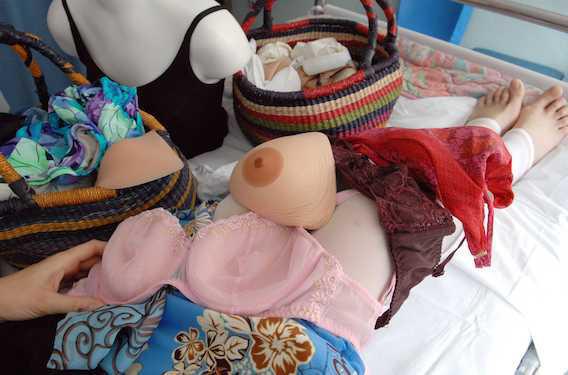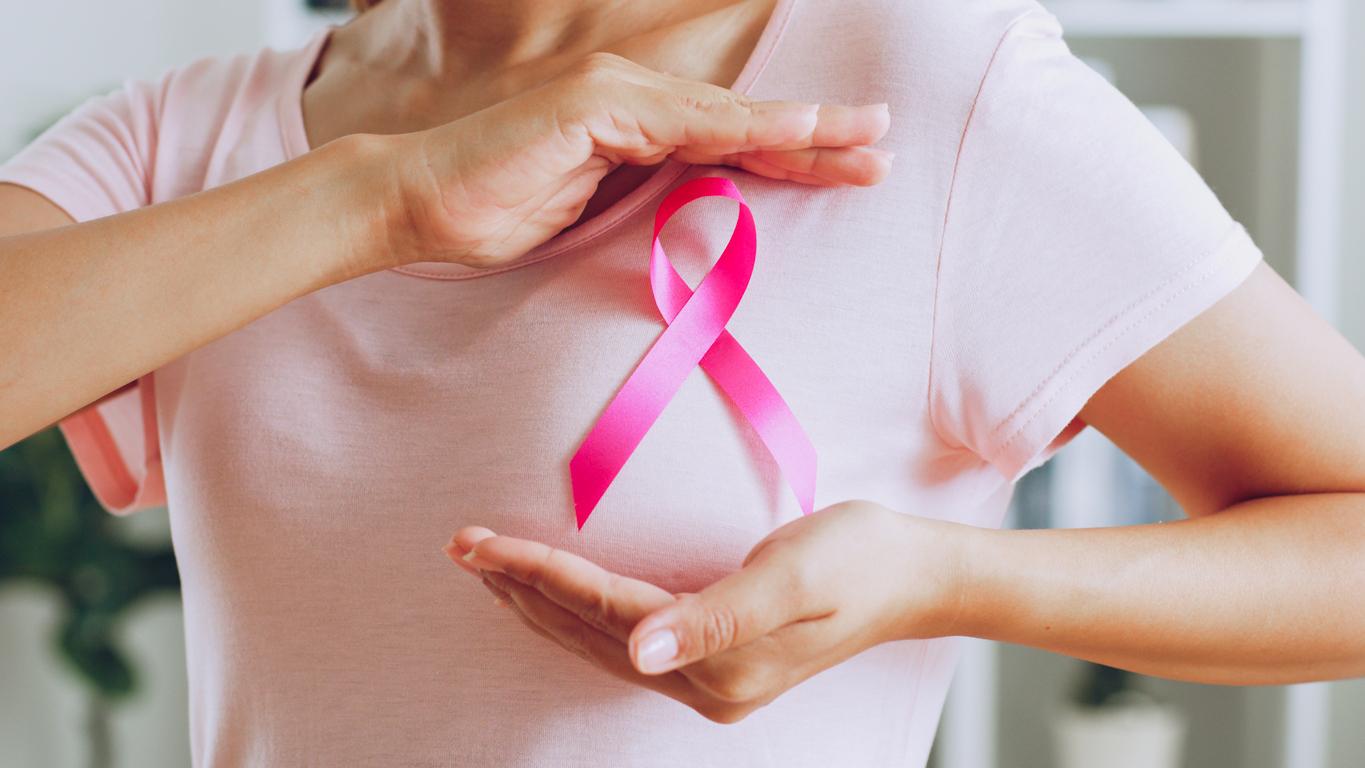A treatment that reduces libido, a surgery that changes the body. Breast cancer also affects married life. Without leading to divorce, a whole balance has to be rethought.

Breast cancer affects the symbol of femininity: the chest. The treatment, which often results in the removal of a breast, affects the image in depth. On the occasion of Pink October, whydoctor was interested in the consequences of surgical and drug treatment on the life of a couple. Because if the divorces are marginal, the disease often imposes to reinvent the marital balance.
Women more at risk
The scientific literature is quite divided on the outcome of cancer for a couple. Between these two elements, no link exists, concludes a cohort study published in the British Journal of Cancer. A other led to the same result, but she observes all the same that the crises worsen when the couple was already going through a difficult time at the time of the diagnosis. “In the majority of cases, the disease strengthens the bonds of the couple, or it does not modify them in a significant way”, observes Yolande Arnault, clinical psychologist at the center for the fight against cancer Paoli-Calmettes (Marseille, Bouches-du-Rhône ). The diagnosis would in fact reveal an already present crisis. It would, in the worst case, tend to exacerbate a tension that existed before the illness.
 Listen…
Listen…Yolande Arnault, clinical psychologist at the CLCC Paoli-Calmettes (Marseille): “ It would seem that when there was psychological support during the treatments, the cases of separation are less important. In our practice, of course, we also receive accompanying persons. »
However, women are particularly disadvantaged in the face of separations. This is explained to us by a publication in Cancer, which compared the impact of a diagnosis on the couple according to the sex of the patient. 11.6% of people married at the time of diagnosis ended up divorcing 3 years later. An outcome that is 6 times more frequent when the wife is sick. If the tumor affects the breast, asking the question of a cause and effect link seems all the more obvious. “I was touched by breast cancer, and by a divorce. I don’t know if there is a cause and effect relationship”, answers Catherine CeriseyVice-president of Cancer contribution.
This 52-year-old blogger defeated breast cancer in 2000. Today, she regularly collects testimonials from women who, like her, have learned to live with a body that surgery has changed. And according to this former patient, the impression that separations are more frequent is simply linked to the fact that on the Net, those who talk about it the most are those who are doing the least well. “The bias of social networks is that people who are well express themselves less,” she summarizes.
The upheaval of the image
Every year, 20,000 women undergo a mastectomy. But only 15% of them will benefit from reconstruction. The others, the “Amazons”, must continue with this asymmetry… and therefore accept this new appearance. “Being an Amazon is extremely complicated. You have to first accept your body, analyzes Catherine Cerisey. You have to find yourself attractive before you can be attractive to someone else. »
However, we must not sink into the idea that the woman is the victim of the double penalty: the man is not always at the initiative of the separation. The woman can also take the initiative to break up the couple. “Some women leave their man, perhaps because they no longer feel like women and don’t want to impose this relationship on a man they love, or because they want to live again and change to feel like a woman in their eyes. from someone who hasn’t seen them diminished,” the blogger points out.
Reinvent your sexuality
Beyond changing the body, the treatments affect a woman’s sexuality over the long term. Hormonal therapy, chemotherapy and antidepressants reduce libido, cause vaginal dryness, with real consequences on the life of a couple. If only because men are afraid of hurting their partner. It is therefore a balance of the couple that needs to be rethought.
 Listen…
Listen…Catherine Cherry, Vice-president of Cancer contribution: “ You have to reinvent a sexuality with different gestures, different outfits too. I always say there are sexy babydolls if you don’t want to show off without a prosthesis. »
In all cases, communication within the couple is affected by the disease. The role of the psychologist, beyond the support of the patient, is then to free the exchanges. “There are couples who do not talk about it because everyone protects themselves, or couples who have a freer word, specifies Yolande Arnault. We always encourage the possibility of freely approaching the disease. When we manage to put words on what is happening, we manage to organize ourselves. But all is not gloomy. Couple crises are marginal: in the vast majority of cases, it is cohesion that prevails.

















